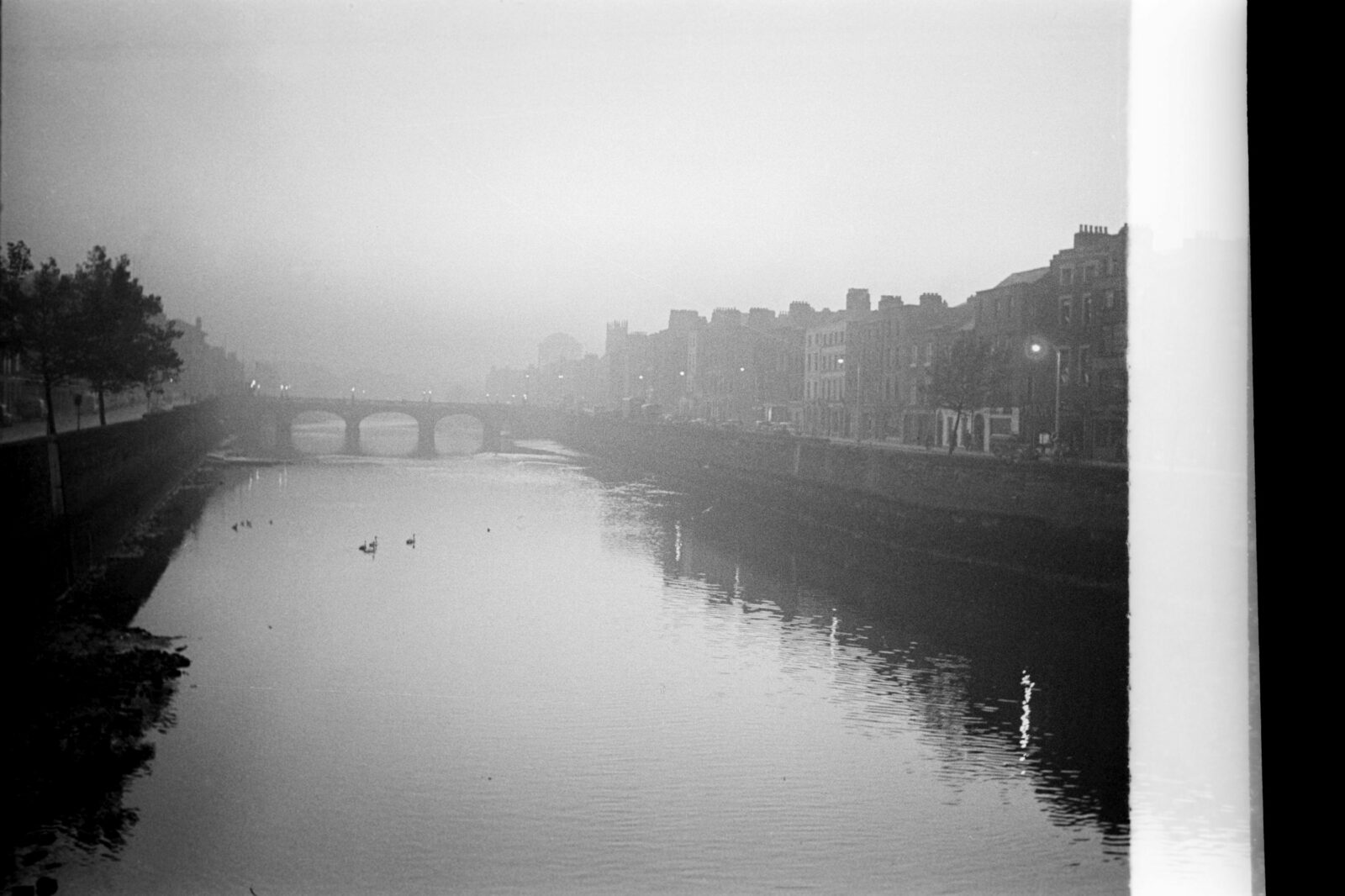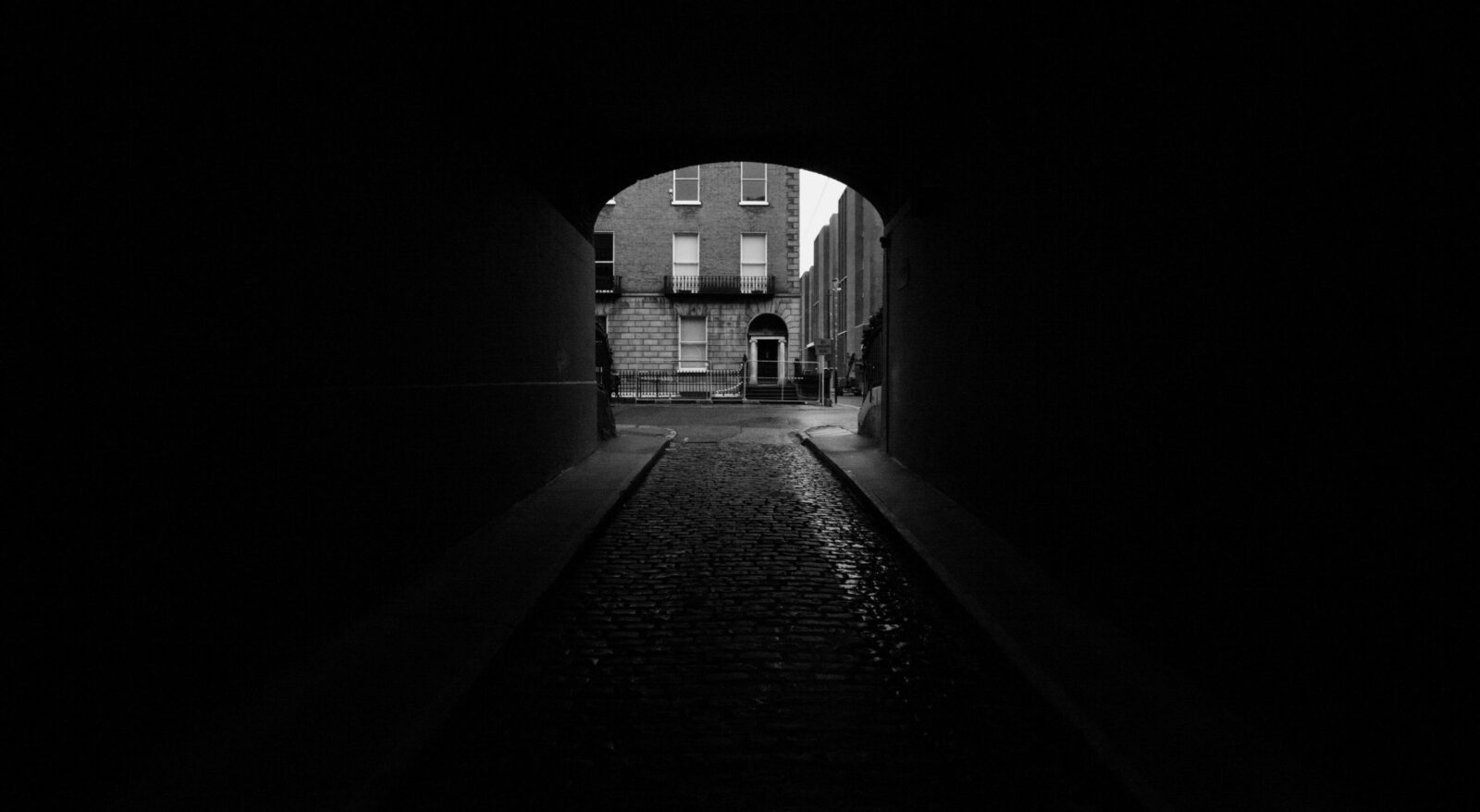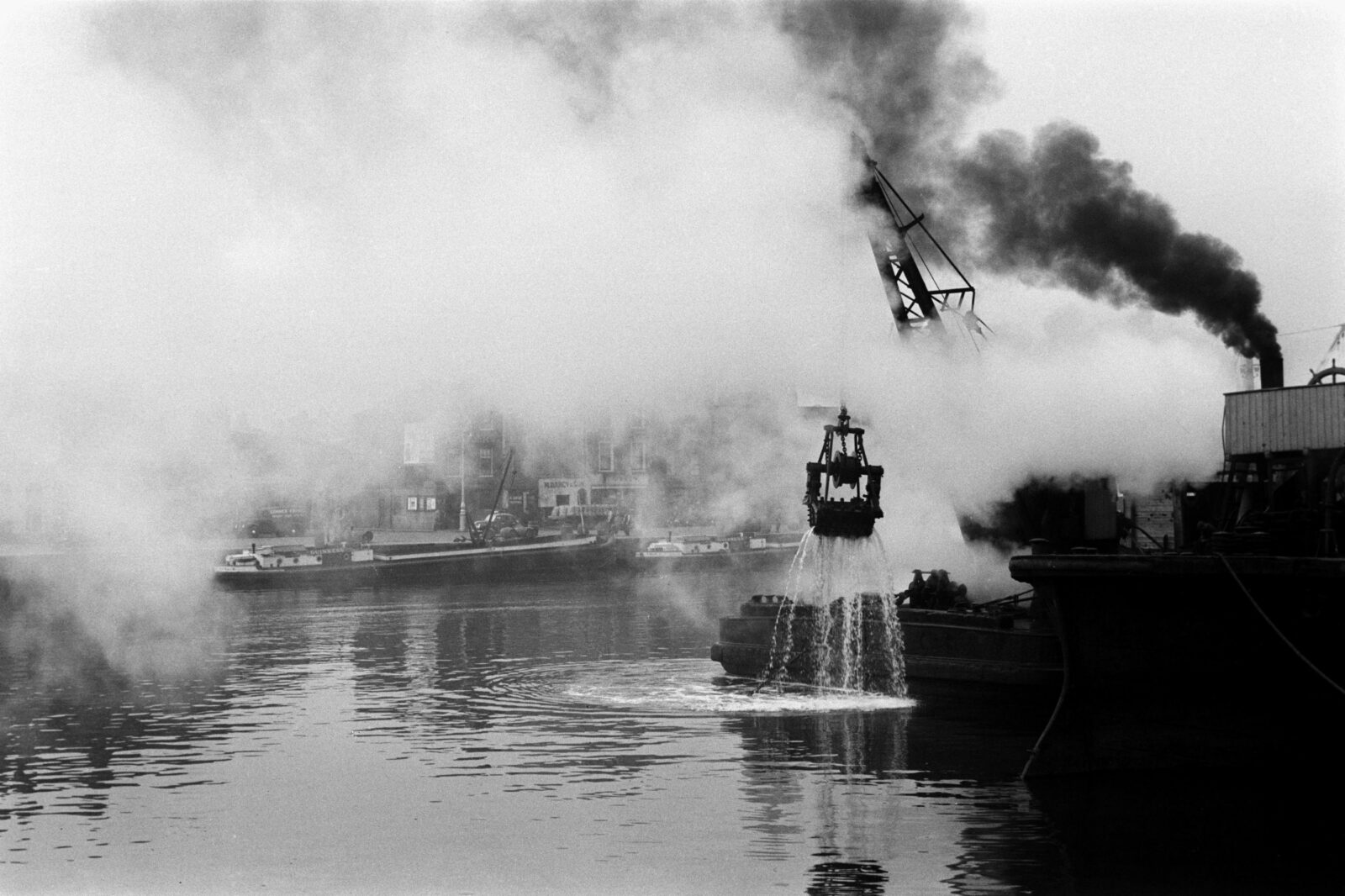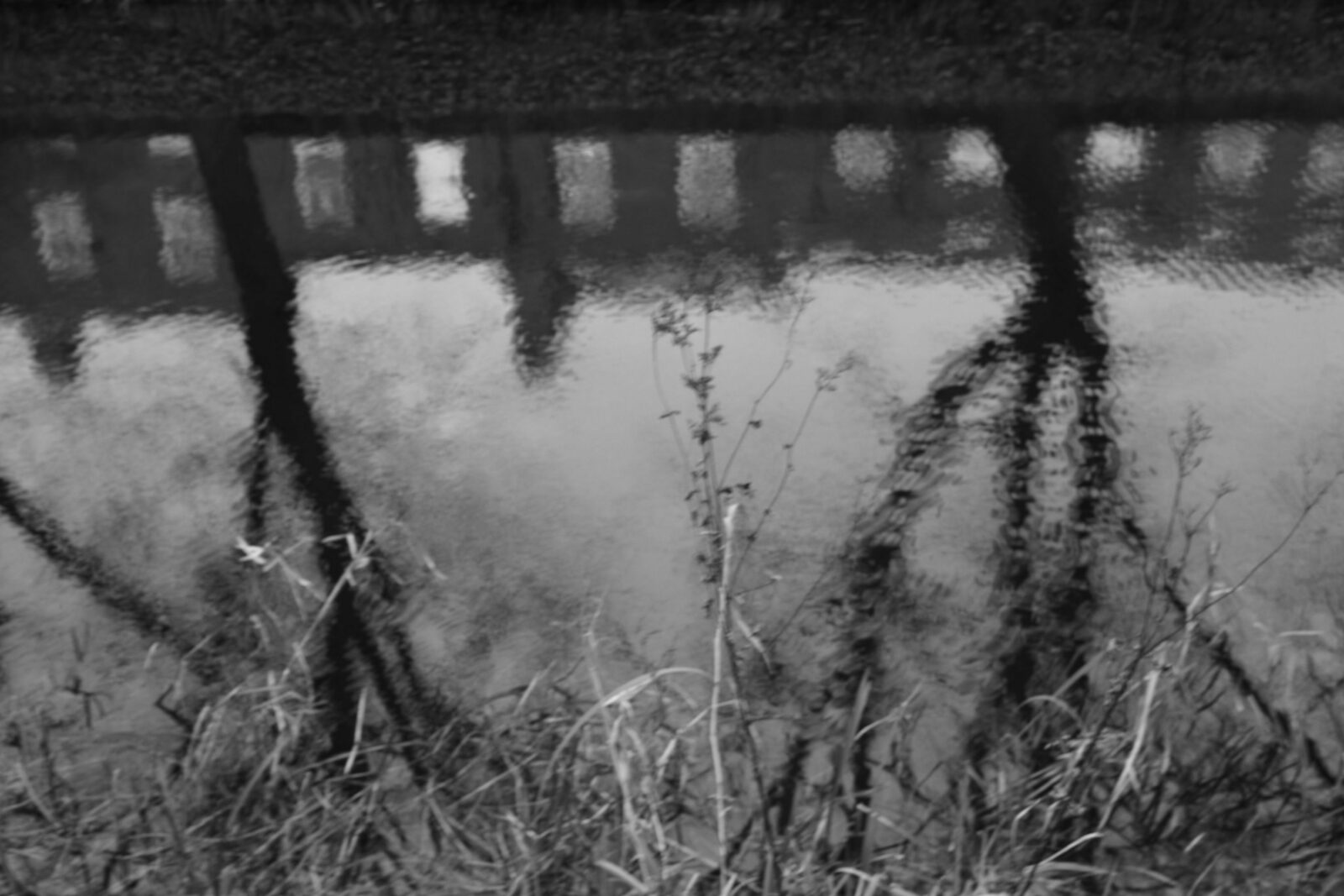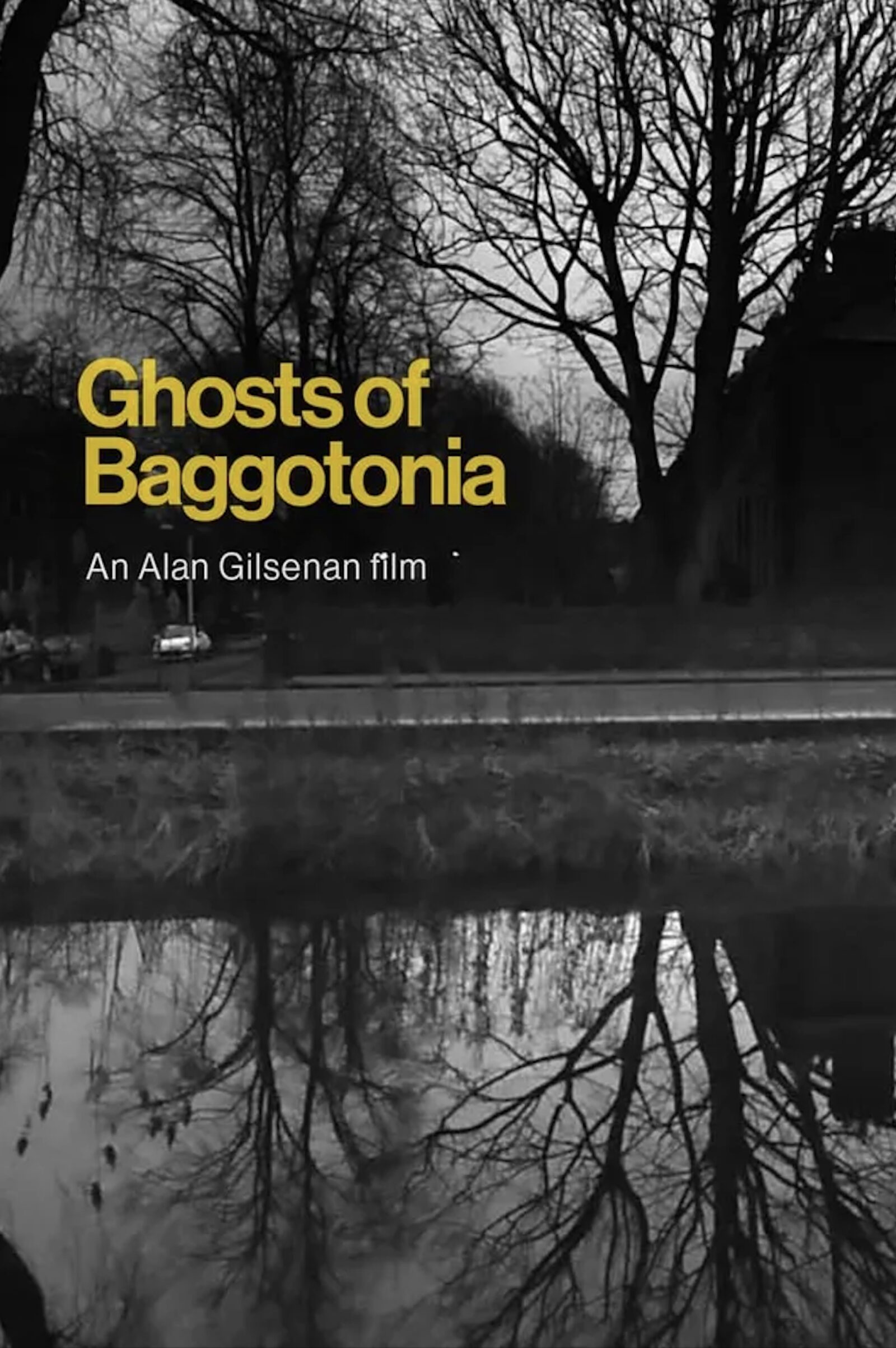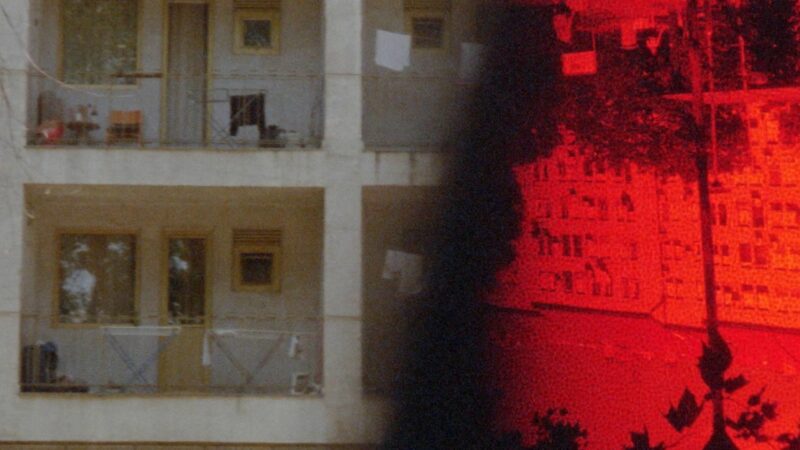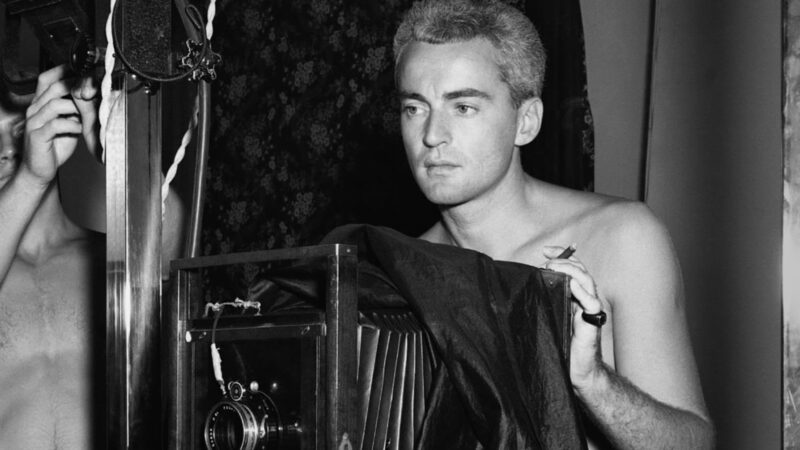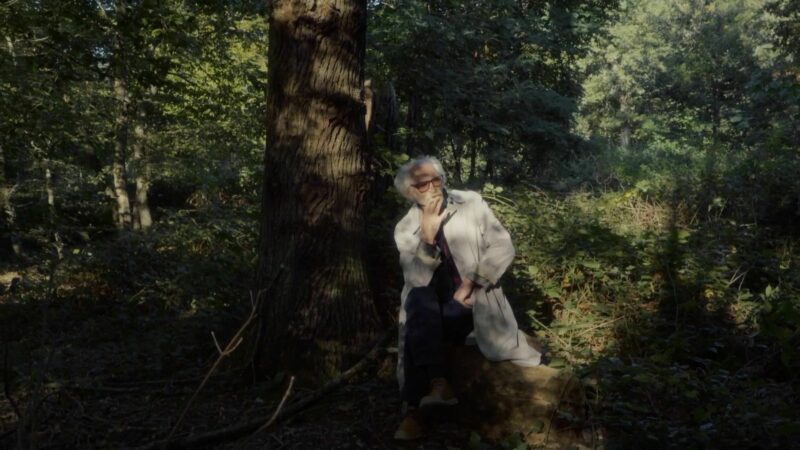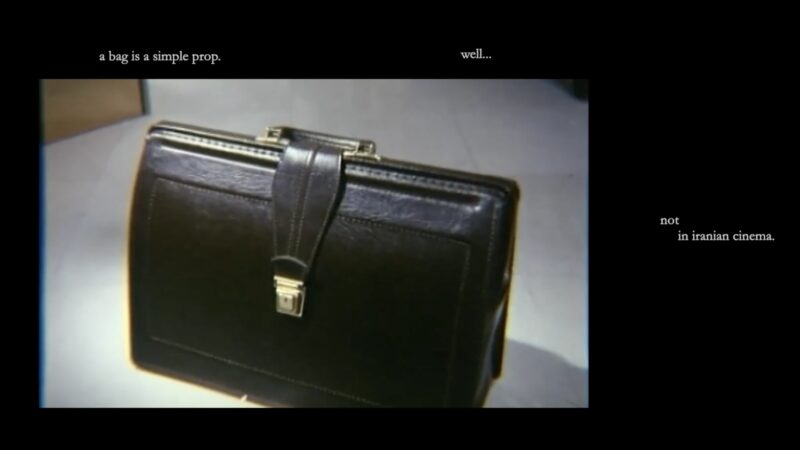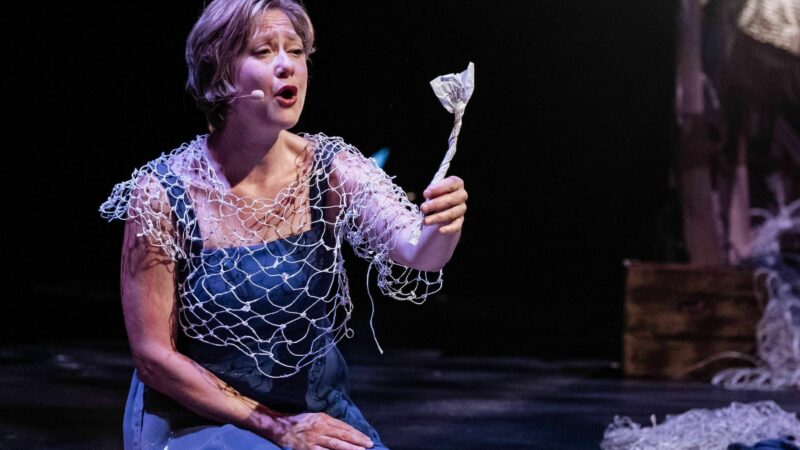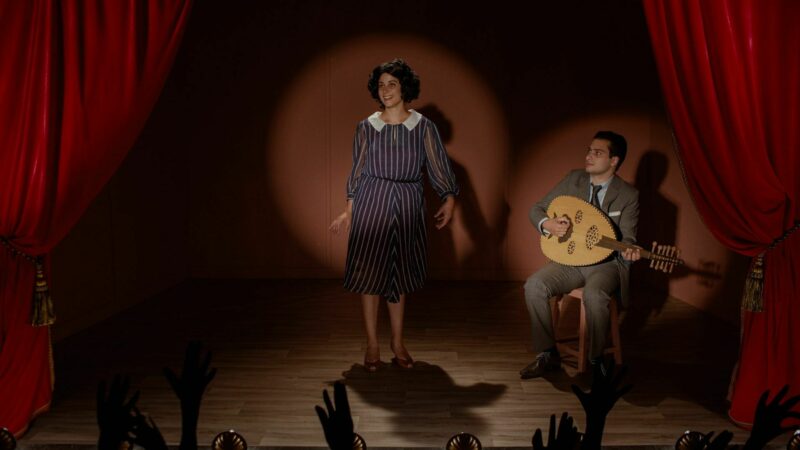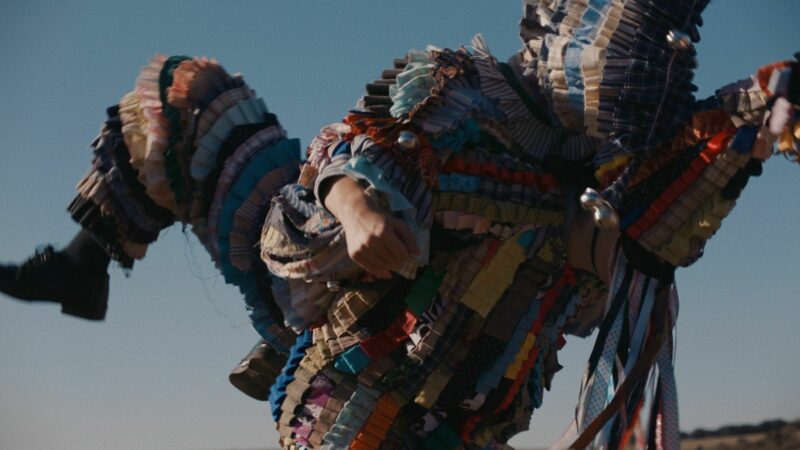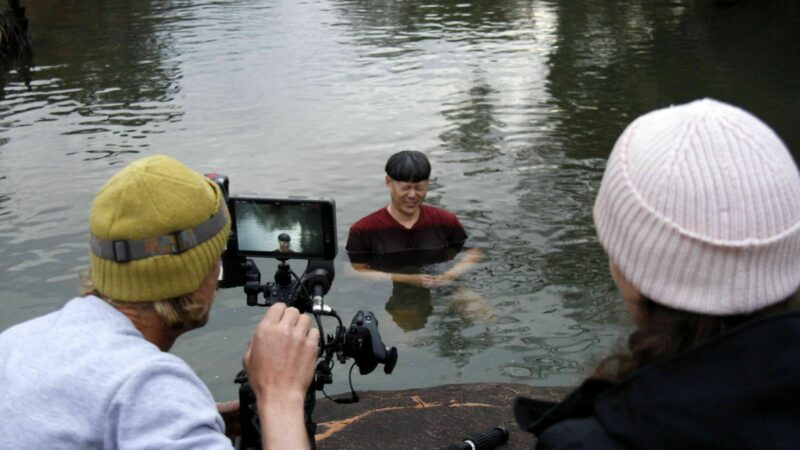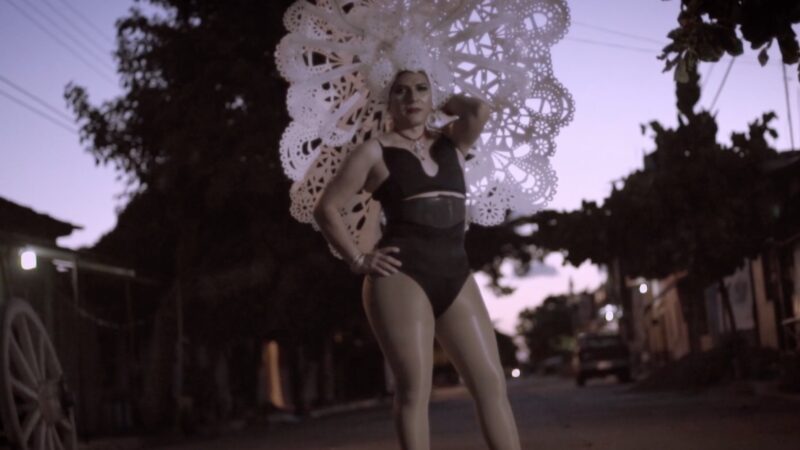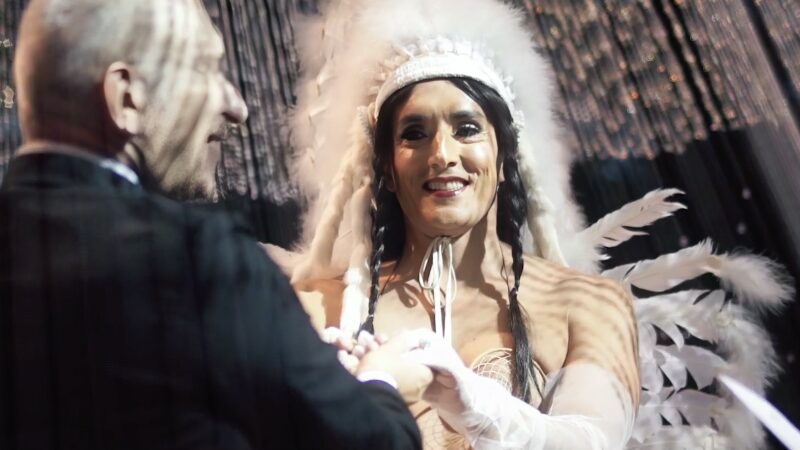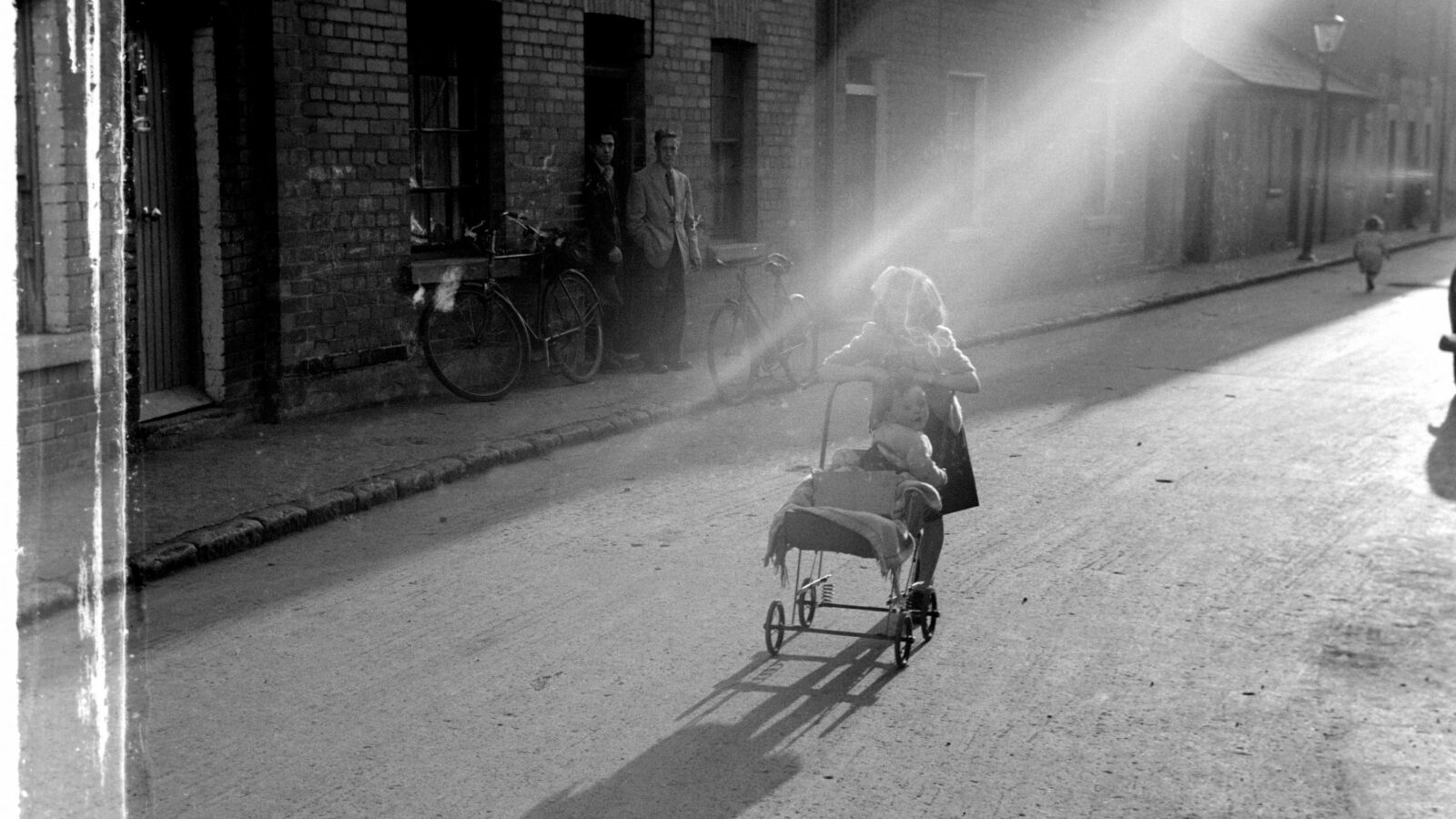
 Trailer
Trailer
Best Essay Prize, FIFA 2024
In this film-poem inspired by Nevill Johnson’s photographs and enriched by the writings of Patrick Kavanagh and Samuel Beckett, Irish filmmaker Alan Gilsenan immerses us in the rebellious spirit of mid-20th century bohemian Baggot Street in Dublin. A cinematic archaeology reconstructing the origins, nuances, and vicissitudes of a cultural movement, and a homage to great literary voices.
Word of direction
… And there are places you won’t find on any map. One of these came to be known as Baggotonia. A place of myth and memory, this remembered area stretches about a mile radius outside Dublin’s Baggot Street bridge. It’s the elusive subject of my latest film, Ghosts of Baggotonia.
I imagine many of those hustling down the canal to the digital headquarters at Grand Canal Dock or grabbing a fancy coffee as they head to their offices in the fictional worlds of finance and advertising in the area, know little of the region’s history. The soul of the place.
Baggotonia largely represents a time and place during the forties and the fifties (though it also resonated into the sixties and seventies) where there was a radical flourishing of artistic and intellectual activity. It was a somewhat underground movement that was a counterpoint to the conservative Catholic mores of an era embodied by the noble and steely character of Archbishop John Charles McQuaid.
Patrick Kavanagh, Flann O’Brien, and Brendan Behan are the poster boys of the era, but there were many, many other names, some unfortunately now lost to history, who made their mark at the time.
- Alan Gilsenan
In this film-poem inspired by Nevill Johnson’s photographs and enriched by the writings of Patrick Kavanagh and Samuel Beckett, Irish filmmaker Alan Gilsenan immerses us in the rebellious spirit of mid-20th century bohemian Baggot Street in Dublin. A cinematic archaeology reconstructing the origins, nuances, and vicissitudes of a cultural movement, and a homage to great literary voices.
Word of direction
… And there are places you won’t find on any map. One of these came to be known as Baggotonia. A place of myth and memory, this remembered area stretches about a mile radius outside Dublin’s Baggot Street bridge. It’s the elusive subject of my latest film, Ghosts of Baggotonia.
I imagine many of those hustling down the canal to the digital headquarters at Grand Canal Dock or grabbing a fancy coffee as they head to their offices in the fictional worlds of finance and advertising in the area, know little of the region’s history. The soul of the place.
Baggotonia largely represents a time and place during the forties and the fifties (though it also resonated into the sixties and seventies) where there was a radical flourishing of artistic and intellectual activity. It was a somewhat underground movement that was a counterpoint to the conservative Catholic mores of an era embodied by the noble and steely character of Archbishop John Charles McQuaid.
Patrick Kavanagh, Flann O’Brien, and Brendan Behan are the poster boys of the era, but there were many, many other names, some unfortunately now lost to history, who made their mark at the time.
- Alan Gilsenan
Other festival:
Dublin International Film Festival, Ireland (2023)
Dublin International Film Festival, Ireland (2023)
| Director | Alan Gilsenan |
| Editing | Bjorn MacGiolla |
| Narration | Camille O'Sullivan |
| Cinematographer | Colm Hogan, Roman Bugosvskiy |
Session


Production

Alan Gilsenan
Alan Gilsenan is an award-winning writer, film-maker and theatre director. His widely diverse body of film work extends across documentary, feature films and experimental work. Gilsenan has also made a feature-length film installation inspired by Joyce’s Ulysses currently on permanent display at Dublin’s new MOLI (Museum of Literature Ireland) as well as a number of collaborations with other artists, including Dorothy Cross in Heartship and with choreographer Liz Roche in his film of Naher.
Alan Gilsenan graduated from Trinity College Dublin with a First Class Honours in Modern English and Sociology. While studying for a M. Litt in Drama Studies at TCD, Alan Gilsenan formed Yellow Asylum Films with Martin Mahon and made their first film, Samuel Beckett’s Eh Joe, with Siobhan McKenna in her last role. In the theatre, he recently conceived & directed a production of BECKETT | POEMS staged at the Beckett Festival in Enniskillen and at the Dublin International Literature Festival.
Other documentary work includes a drama-documentary Eliza Lynch: Queen of Paraguay, with Maria Doyle-Kennedy in the title role which premiered at the London Film Festival; the series God Bless America for ITV in Britain, six highly personal portraits of U.S. cities through the eyes of American authors, including Gore Vidal, Marsha Hunt, Neil Simon, Patricia Cornwell and Garrison Keillor; The Irish Empire, a five-hour history of Irish emigration; The Green Fields of France, a poetic meditation on the Irish who died in World War One; Maura’s Story, the story of a young Irish-American woman who became a Buddhist saint in Japan; Ó Pheann an Phiarsaigh, a film-poem inspired by the creative writings of Patrick Pearse; The Ghost of Roger Casement, a feature documentary on the international humanitarian and Irish rebel; and The Irish Mind, a four-part look at the defining qualities of the Irish across the globe. He has also made a number of documentary series on highly sensitive social issues for Irish television: The Asylum (a four-hour portrait of Portrane Psychiatric Hospital), The Hospice (inside St Francis Hospice), I See A Darkness (about suicide in Ireland), and A Time to Die (on euthanasia
Last year, Alan Gilsenan was appointed Arts Council Film Artist in Residence at University College Cork.
Biographical notes provided by the film production team and edited by Le FIFA’s team
Alan Gilsenan graduated from Trinity College Dublin with a First Class Honours in Modern English and Sociology. While studying for a M. Litt in Drama Studies at TCD, Alan Gilsenan formed Yellow Asylum Films with Martin Mahon and made their first film, Samuel Beckett’s Eh Joe, with Siobhan McKenna in her last role. In the theatre, he recently conceived & directed a production of BECKETT | POEMS staged at the Beckett Festival in Enniskillen and at the Dublin International Literature Festival.
Other documentary work includes a drama-documentary Eliza Lynch: Queen of Paraguay, with Maria Doyle-Kennedy in the title role which premiered at the London Film Festival; the series God Bless America for ITV in Britain, six highly personal portraits of U.S. cities through the eyes of American authors, including Gore Vidal, Marsha Hunt, Neil Simon, Patricia Cornwell and Garrison Keillor; The Irish Empire, a five-hour history of Irish emigration; The Green Fields of France, a poetic meditation on the Irish who died in World War One; Maura’s Story, the story of a young Irish-American woman who became a Buddhist saint in Japan; Ó Pheann an Phiarsaigh, a film-poem inspired by the creative writings of Patrick Pearse; The Ghost of Roger Casement, a feature documentary on the international humanitarian and Irish rebel; and The Irish Mind, a four-part look at the defining qualities of the Irish across the globe. He has also made a number of documentary series on highly sensitive social issues for Irish television: The Asylum (a four-hour portrait of Portrane Psychiatric Hospital), The Hospice (inside St Francis Hospice), I See A Darkness (about suicide in Ireland), and A Time to Die (on euthanasia
Last year, Alan Gilsenan was appointed Arts Council Film Artist in Residence at University College Cork.
Biographical notes provided by the film production team and edited by Le FIFA’s team
Selected films:
A Time to Die (2012)
I See A Darkness (2009)
The Hospice (2007)
The Asylum (2005)
A Time to Die (2012)
I See A Darkness (2009)
The Hospice (2007)
The Asylum (2005)
You would like






